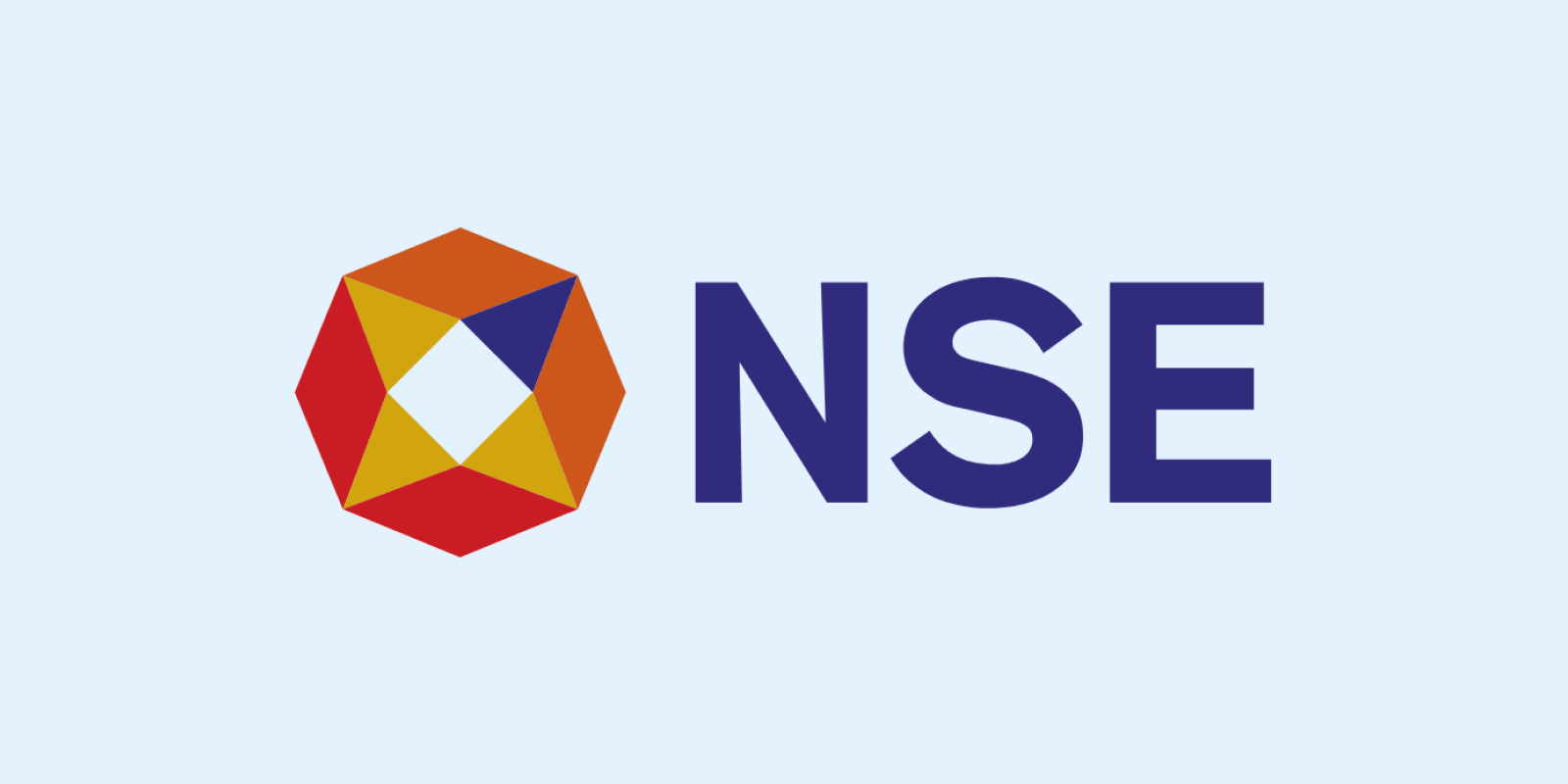In recent times, the National Stock Exchange of India Ltd. (NSE) has witnessed an unprecedented surge in retail trading activity, reshaping the landscape of the country’s derivatives market. This retail trading boom has not only doubled the turnover of futures and options but has also propelled India’s stock markets to new highs, making headlines globally. Let us delve into the key factors driving this remarkable trend.
Unprecedented Growth in Derivatives Turnover
Over the past year, the national turnover of futures and options on the NSE, the world’s largest derivatives bourse by contract volume, has more than doubled. According to Bloomberg data, the 10-day moving average stood at an impressive $5.04 trillion on a recent Tuesday, a significant leap from $2.5 trillion at the close of 2022.
Retail Investors at the Helm
A significant driving force behind this surge is the increasing participation of retail investors, who now contribute to over 25% of the average daily turnover in derivatives. In 2023 alone, more than 8 million individual investors engaged in trading within this segment, marking a remarkable 30% increase from the previous year, as reported by NSE data.
Frenzy Across the Market Spectrum
The impact of the retail trading boom is not confined to the derivatives market alone. India’s stock markets have experienced multiple highs, evident in the substantial inflow of funds into equity mutual funds and the overwhelming oversubscription of initial public offerings (IPOs). This frenzy underscores the enthusiasm of investors seeking quick profits through riskier bets in the stock market.
Financial Implications and Market Dynamics
From a financial perspective, the implications are profound. The surge in derivatives turnover not only indicates increased market activity but also suggests higher volatility and risk appetite among investors.
As retail investors become key players in the derivatives market, it introduces a new dynamic that demands a closer look at risk management strategies and regulatory measures.
NSE’s Dominance and BSE’s Ascent
While the NSE continues to enjoy near-monopoly status in derivative trading in India, its smaller rival, BSE Ltd., is making strategic moves to gain a larger share of this rapidly growing market. As the retail trading boom persists, the competition between these two exchanges is set to intensify, potentially reshaping the dynamics of India’s financial markets.
Conclusion
The retail trading boom in India’s derivatives market signifies a paradigm shift in the nation’s financial landscape.
As retail investors increasingly shape market trends, stakeholders, including regulators and market participants, must adapt to this evolving scenario. The coming months will undoubtedly provide valuable insights into the long-term sustainability and impact of this retail-driven surge in the derivatives market.
For any query/ personal assistance feel free to reach out at support@Altiusinvestech.com or call us at +91-8240614850.
To know, more about Unlisted Company. Click here – https://altiusinvestech.com/blog/what-is-listed-and-unlisted-company
You can also checkout the list of Best 5 Unlisted Shares to Buy in India
For Direct Trading, Visit – https://trade.altiusinvestech.com/.
To know more about How to apply for an IPO? Click- https://altiusinvestech.com/blog/how-to-apply-for-an-ipo/

